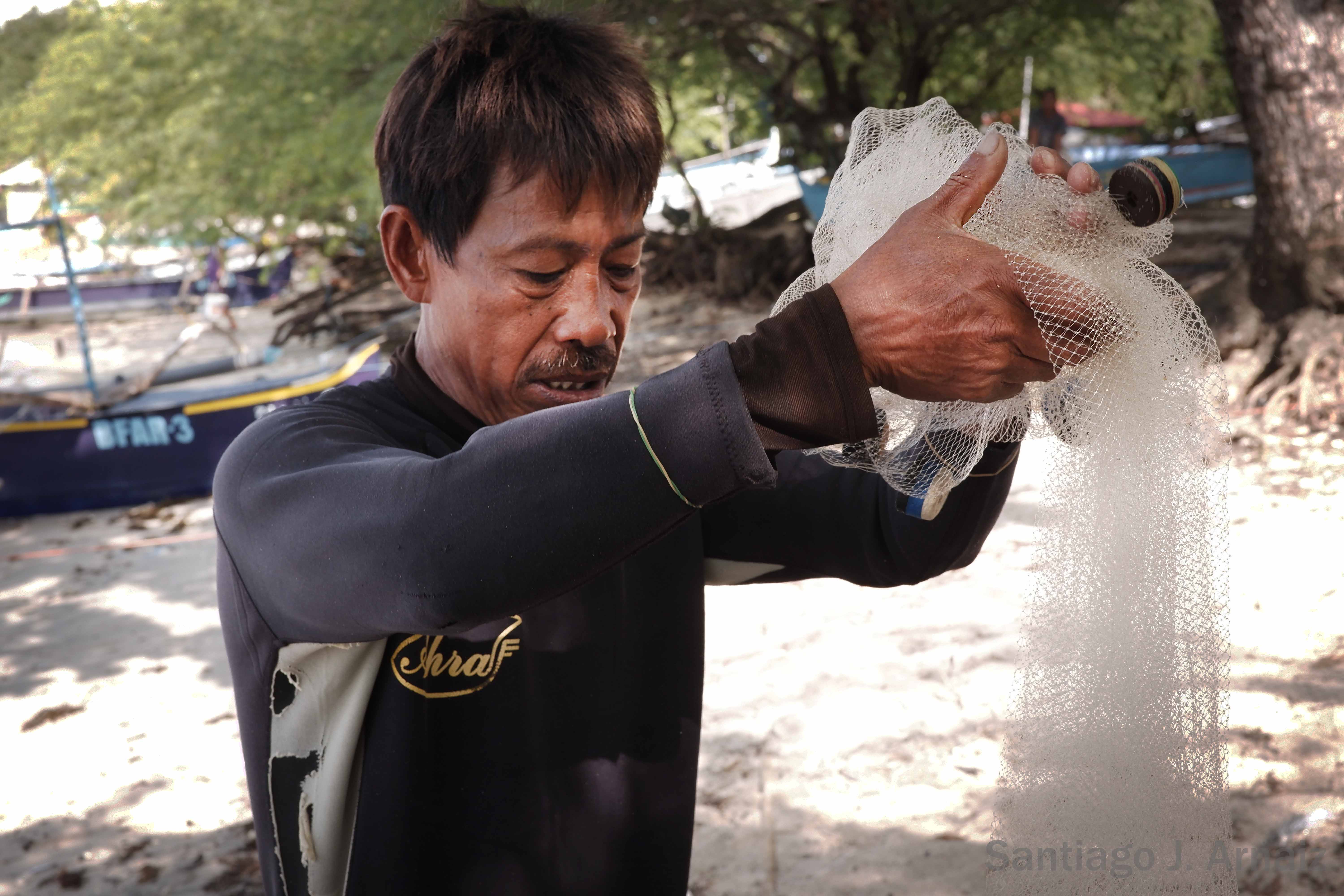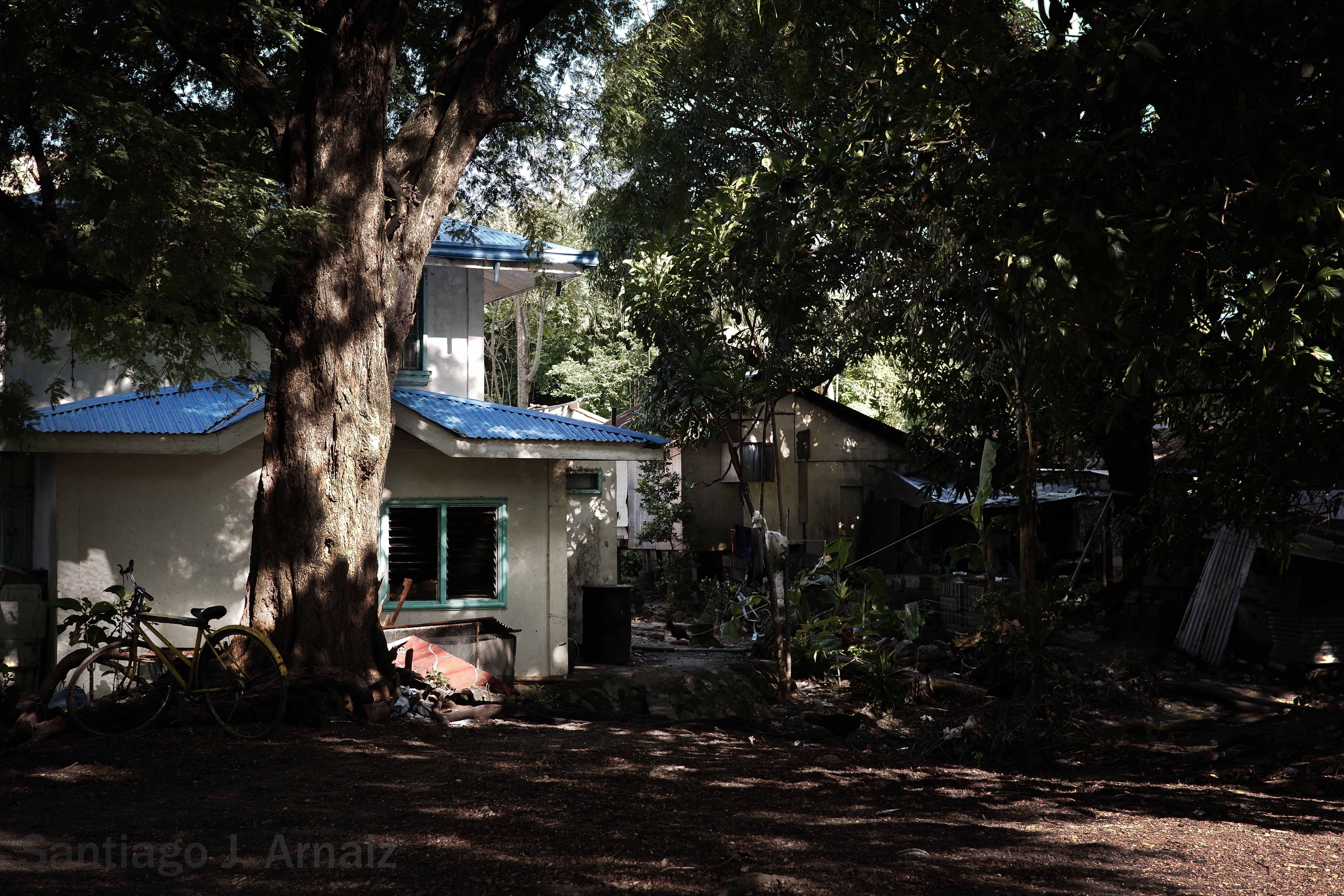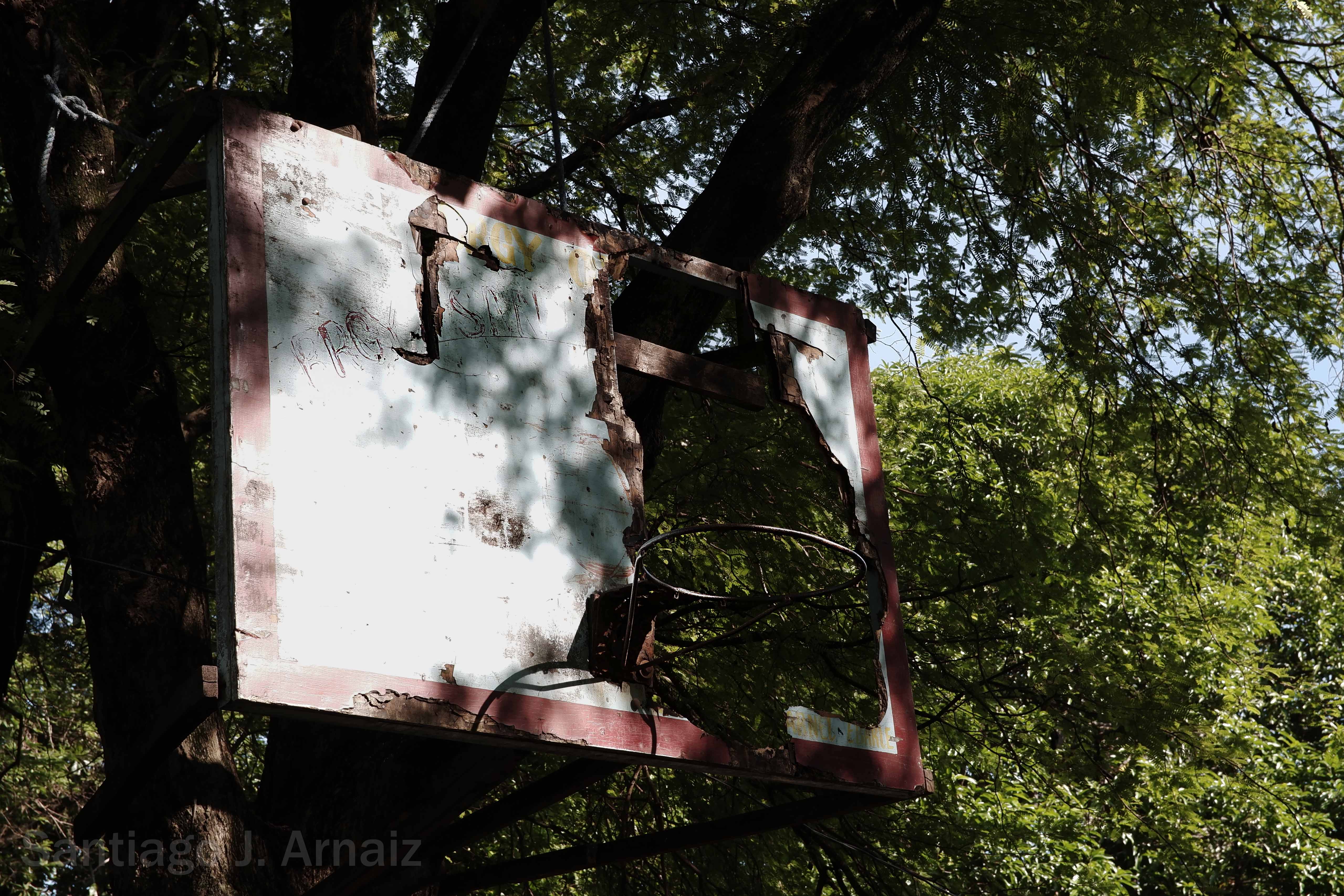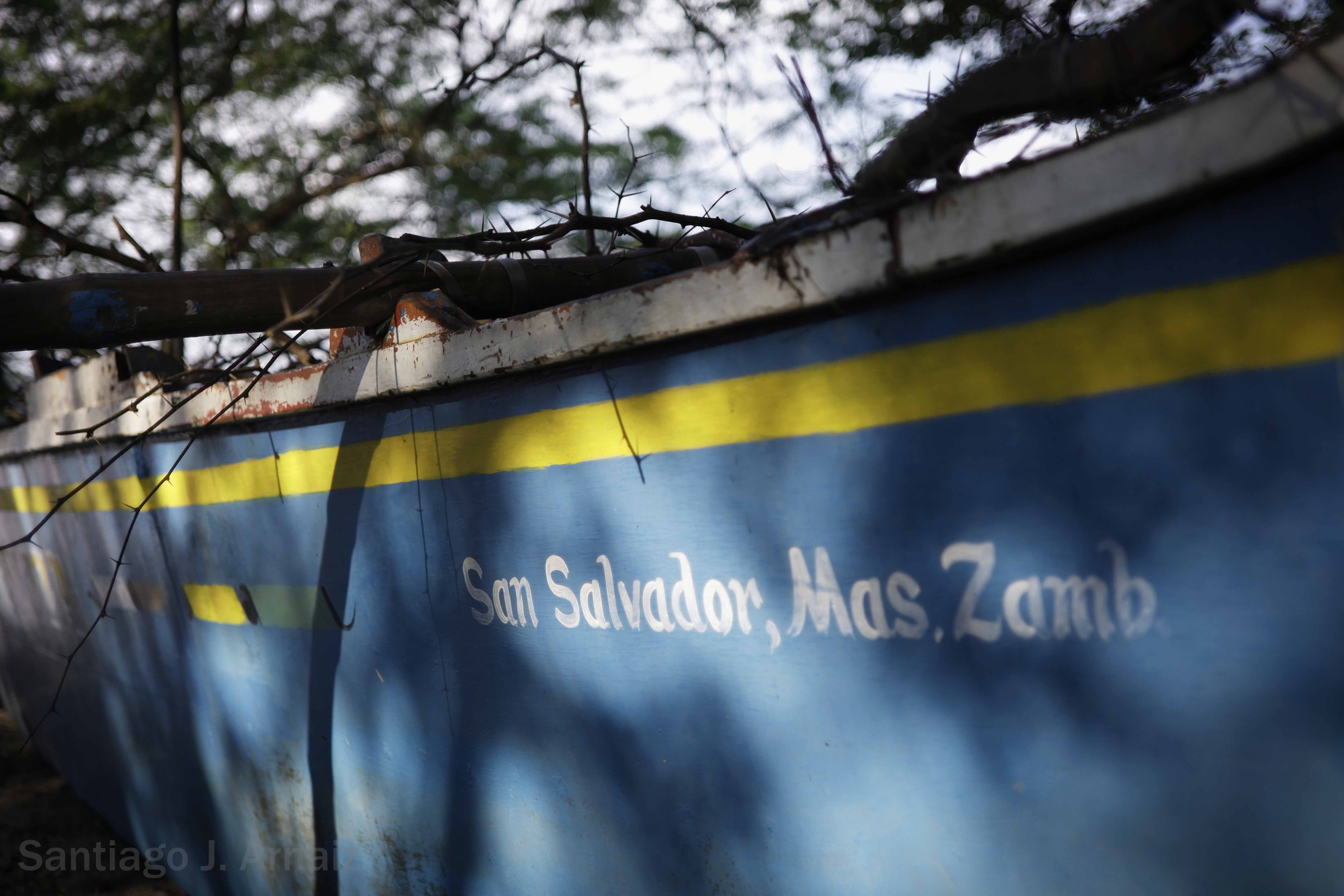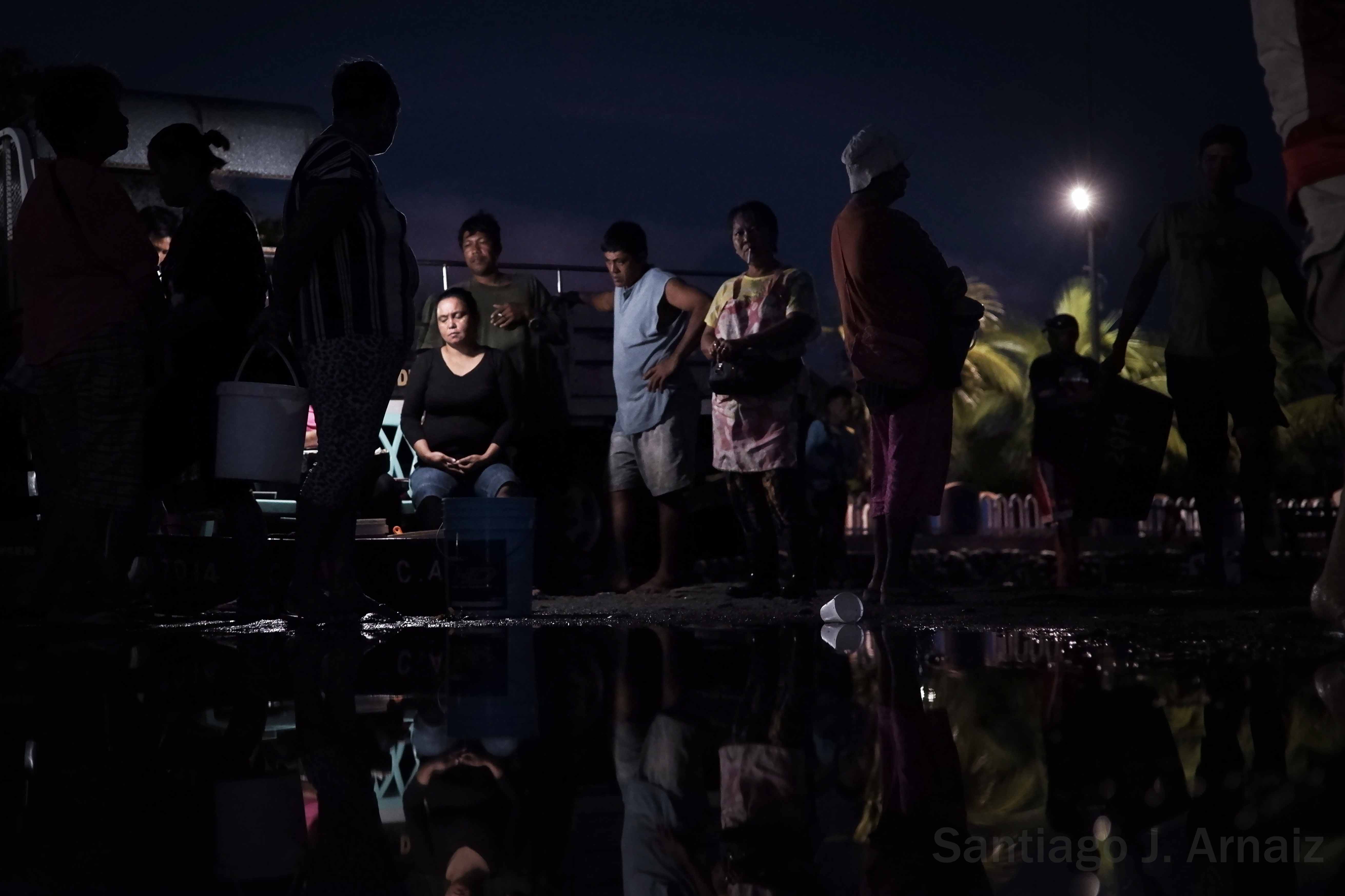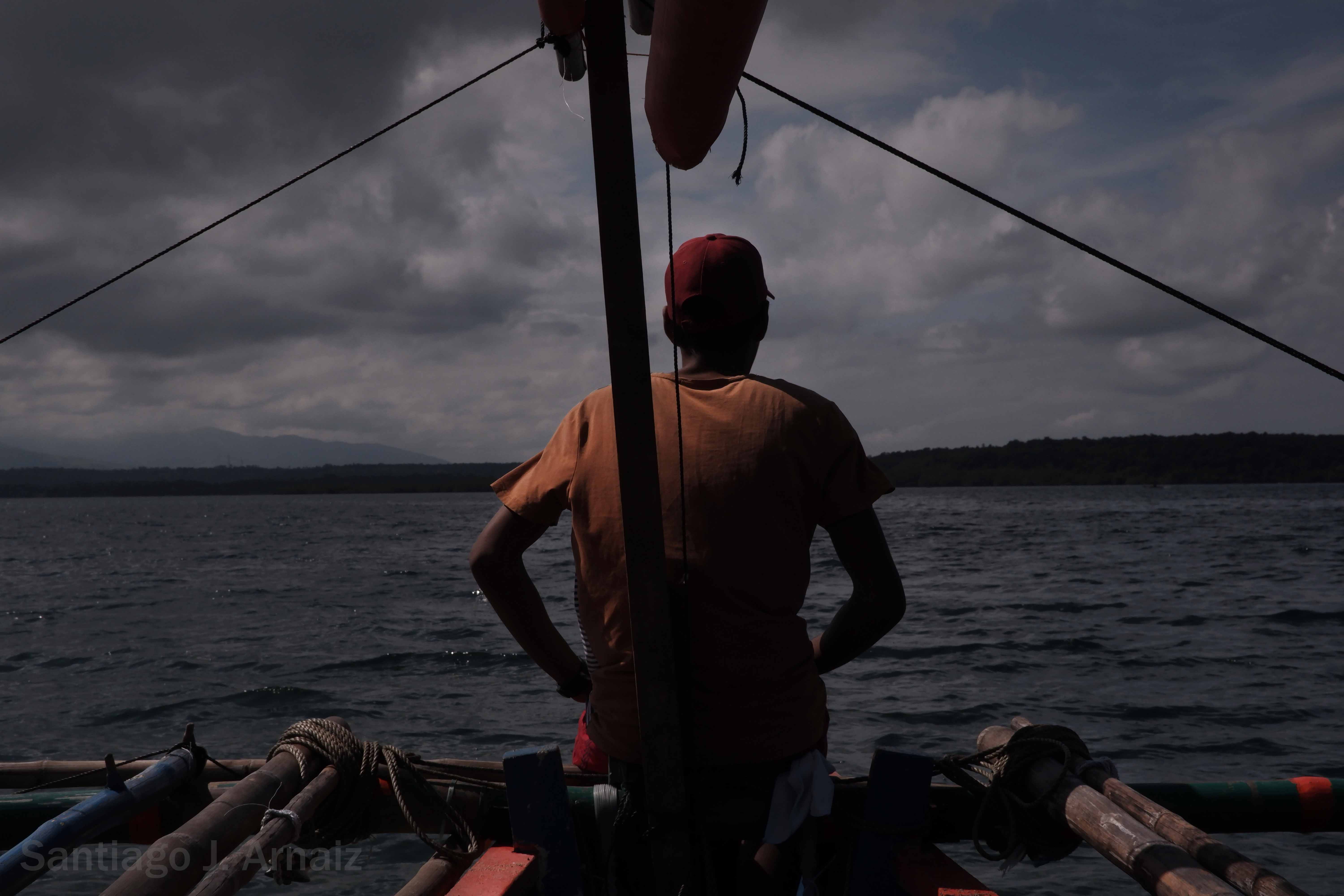
Watch: Red Skies over Masinloc
It’s 6:30 on a Sunday morning and Rony Drio, 51, is on his way out into the water. He tosses …

It’s 6:30 on a Sunday morning and Rony Drio, 51, is on his way out into the water. He tosses …
Read MoreIt’s 6:30 on a Sunday morning and Rony Drio, 51, is on his way out into the water. He tosses his net and snorkeling gear into his small wooden boat, an outrigger canoe called a bangka. Drio will spend today in the shallow waters off his island home of San Salvador searching for aquarium fish that he can net, bag, and sell to local dealers for around 20 pesos, about $.37 a piece. If he’s lucky, he’ll catch a hundred fish by the end of the week, netting him roughly 2,000 pesos ($37).
“If you have kids you need to send to school…and you’re trying to feed them…” said Drio. “It’s absolutely not enough.”
Not enough for school uniforms, or to buy meat at the market in the nearby town, or for medication.
Aquarium fishing has long been supplemental income for the fishermen and women of San Salvador, an island community in Masinloc Bay in the northern Philippine province of Zambales. Recently, however, Drio has found himself scouring the nearby reefs any chance he gets.
There was a time a fisherman like Drio could make as much as 7,000 to 9,000 pesos ($130 to $165) in a week, deep-sea fishing in the rich waters around Scarborough Shoal in the South China Sea.
But for the past six years, only the truly brave—or truly desperate—among Masinloc’s fishermen have ventured into their ancestral fishing grounds around the shoal.
In April 2012, Scarborough Shoal became a regional flashpoint when China established a naval blockade around the islet.
For Drio, a deep-sea fisherman of thirty years, it was the beginning of the end for his community’s way of life.
The Chinese incursion became the impetus for a landmark international legal case over maritime rights and an implicit rebuke of China’s colonial ambitions. But now, a new oil-and-gas deal between China and the Philippines is set to make Chinese control over the Philippine maritime territory essentially permanent.
The deal will reportedly give China exclusive rights for exploration in the South China Sea, essentially undermining the international ruling and making fishing communities like Drio's a thing of the past.
COMPETING CLAIMS
China has long argued that it has historical claims to more than 90 percent of the South China Sea. The region is home to 10 percent of the world’s fisheries, and 30 percent of global shipping trade passes through it.
But perhaps the region’s greatest prize lies under the seabed itself: An estimated 11 billion barrels of oil and 190 trillion cubic feet of natural gas.
In 2016, four years after the Chinese Coast Guard first appeared at Scarborough, the Permanent Court of Arbitration (PCA) at The Hague ruled in favor of the Philippines, saying that China had violated the United Nations Convention of the Law of the Seas (UNCLOS).
According to UNCLOS, a country’s maritime claim is determined by its exclusive economic zone (EEZ), which extends 200 nautical miles beyond its shores. Scarborough Shoal, which is 129 nautical miles from Masinloc, falls well within the Philippine EEZ.
But by the time the PCA ruling was released, China had a new ally in the recently elected President Rodrigo Duterte, whose administration has sought to build friendlier ties with Beijing.
Earlier this week, Chinese Foreign Minister Wang Yi spent two days in Davao City—the hometown of his “most respected friend” President Duterte—to meet with Filipino Foreign Minister Teodoro Locsin Jr and discuss further steps in the two nations’ joint venture to explore the disputed waters.
This joint development agreement for oil and gas extraction might allow both countries to benefit economically from resources in the South China Sea, but any such agreement would put the Philippines at a major disadvantage.
According to Dr. Constantinos Yiallourides, an energy expert with the British Institute of International and Comparative Law who specializes in maritime rights, an oil and gas deal could, in practice, undermine the 2016 PCA ruling.
“It would be inconceivable for China to agree to remove its military from the islands,” said Dr. Yiallourides.
In March of 2017, Sansha Communist Party Secretary Xiao Jie, the administrator in charge of China’s control over the islands in the South China Sea, announced plans to expand their presence. Speaking with the state-backed Hainan Daily, he explained that environmental monitoring stations were being built on six islands in the maritime region, including Scarborough Shoal.
Later that week, Chinese Vice Premier Wang Yang and President Rodrigo Duterte met to discuss broadening cooperation in the region.
According to Dr. Yuallourides, the upcoming joint development deal would implicitly establish that China’s claims in the region, no matter where the in the EEZ the drilling took place, sealing the fate of communities like San Salvador.
Any deal could be challenged by the Supreme Court, but Attorney Anne Marie Corominas, who worked on the PCA case for the Philippine government, is not hopeful. “The Supreme Court is so stacked with [pro-China] appointees who are now in power,” she said. “And they are aligned.”
ECONOMICALLY UNVIABLE
It’s nearing 8:00 a.m. and Rony Drio watches as his companions skim the nearby waters for aquarium fish. They’ve only managed to catch a few.
They won’t be able to make ends meet without another trip to Scarborough soon, and the prospect worries Drio.
Following the PCA ruling in 2016, the Chinese Coast Guard re-opened the waters around the shoal to Filipino fishermen, but did not withdraw. Instead, they began to find new ways to discourage Filipino fishermen from venturing into the waters.
First, their ships blocked off the entrance to the island’s C-shaped lagoon. Access to the lagoon allowed the fishermen to stay out on the water for several weeks at a time to catch as many fish as possible.
“It really seems like they’re guarding something there,” said Drio. “They only let two bangkas in at a time, and none of the bigger fishing boats. If we get too close they chase us down.”
Meanwhile, six years of environmentally ruinous poaching practices by Chinese fishermen, protected by the military presence, have depleted the reefs around the shoal.
“We heard that they were looking for oil,” said Drio. “But all we’ve seen [the Chinese] do is tear up the reefs, taking the giant clams.”
Drio estimates that his hauls from the reef have been halved as a result. And that’s before the Chinese Coast Guard takes its cut.
In late 2017, reports began surfacing that the Chinese military was forcibly confiscating large portions Filipino fishermen’s hauls.
The Duterte government downplayed these encounters, saying that “barter” between the fishermen and the Chinese Coast Guard was common.
Drio, however, says that the Chinese Coast Guard would act with impunity, confiscating as much as 3,000 pesos ($60) worth of fish and giving only a few small bottles of water, noodles, or rice in return.
“It honestly seems like the Chinese are trying to make it economically infeasible for these communities to fish there anymore,” said Attorney Corominas.
In early June of 2018, Filipino network GMA released a report featuring a cellphone video, taken by the Filipino fishermen, showing a member of the Chinese Coast Guard boarding a Filipino fishing boat and taking a large portion of the catch. The public outcry was immediate.
Shortly after the report was released, three representatives from the fishing community, including Drio’s son, Jurry Drio, 27, were invited to Malacanang, the presidential palace, for a press conference.
Then-Presidential Spokesperson Harry L. Roque lobbed questions at the fishermen, asking them how their lives had improved thanks to the Duterte administration’s China-friendly policies. Only one of the fishermen spoke, largely falling into line with the administration’s narrative.
When a GMA reporter pressed further, Roque ended the press conference.
“I’m not going to let you make a documentary out of my press briefing,” Roque said.
Back in San Salvador, Drio watched the televised event in shock.
“I don’t know what more proof they need, we have the video,” said Drio. “We feel the government has abandoned us.”
‘SCARBOROUGH IS OURS’
In San Salvador, where work is seasonal, a handful of large hauls can support a family for the better part of a year. Without this income, families face crippling economic instability with dire consequences.
Maretes Egana is the head of security on San Salvador, registering visitors and liaising with local police. It’s a job she inherited from her husband who died last year of leptospirosis, an easily treatable bacterial infection. Egana’s husband, like most of the men on San Salvador, was a fisherman. When he fell ill money was tight, and the family could not afford the $20 worth of antibiotics he needed.
Now, a single parent, she works whatever jobs she can to make ends meet and support her children. Sometimes that means washing clothes in nearby Masinloc, others times it’s joining Drio in the shallow waters netting aquarium fish.
“I keep thinking maybe I should leave, to find work somewhere else,” she says. “But I can’t leave [my children].”
For Drio, it isn’t the idea of leaving his children, but of keeping them with him in San Salvador that scares him.
“I don’t want this life for my children,” said Drio. “I feel guilty when I take my son to fish, but there’s nothing else here for us but that.”
For now, Drio and the other fishermen plan to try their luck at the shoal in January. “Scarborough is ours,” he said. “But if it came down to a fight, it’s like we’d be fighting with slingshots and they’d have the guns.”
“We have no chance against China,” he said.
